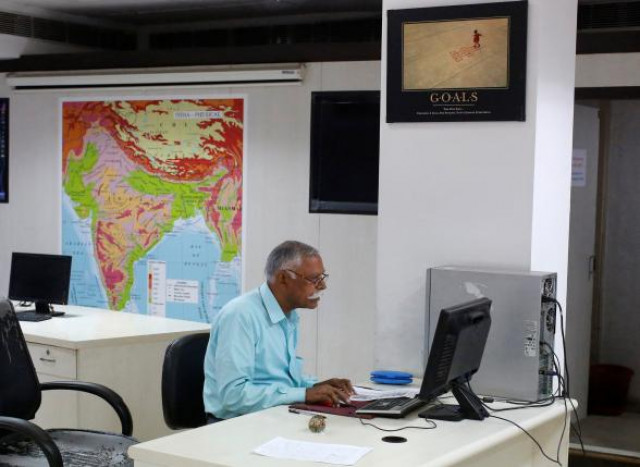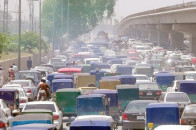Lightning detectors draw skepticism
Critics argue that the novel installations are inaccessible in rural areas most prone to lightning

Although advancements in meteorology have allowed various weather changes to be promptly predicted, natural phenomenon like lightning are inherently harder to detect therefore, the recent installation of lightning detectors in the country have received mixed reviews from critics.
For the first time in Pakistan, latest equipment has been installed across selected areas of the country for predicting wind speed, rainfall, floods and lightning however, critics are of the opinion that the capacity of the system is significantly limited due to which the areas which are prone to lightning casualties the most like Tharparkar, will be left out.
“If the meteorological department receives advanced information about lightning with the help of these modern devices, will it be possible to easily convey this information to the remote populations of the country, especially to those living in Tharparkar, so that they can move to safe places,” questioned an expert on meteorology on the condition of anonymity.
According to sources obtained by The Express Tribune from the Meteorological Department, 25 lightning detectors of various sizes and quality worth USD 1 million have been gifted by China to Pakistan, which are equipped with sensors that detect the electrical flash of lightning in the clouds, determine its intensity and location, and also indicate how often it is likely to strike in any particular area. This information will be shared with the national media, Radio Pakistan and Deputy Commissioners of the respective districts, who will immediately convey it to the public through local media and social media.
Read Heavy fog disrupts PIA air operations
“These devices, which will be installed at the Allama Iqbal International Airport in Lahore, will timely identify lightning strikes in the radius of 100 square kilometers to 14,000 square kilometers. Until now, there was no modern lightning warning system in Pakistan,” said Mehar Sahibzad Khan, Director General Meteorological Department.
“Although no government agency has accurate data on the number of deaths due to lightning every year in Pakistan, according to our estimates an average of 200 people die each year due to lightning, while property including livestock is also damaged,” claimed Khan, who further reported that the highest number of deadly lightning strikes in Pakistan occurred in Tharparkar.
It should be noted that the neighboring country, India has been using lightning detectors since 2019.
According to the India Meteorological Department, 37 states in the country have installed such lightning devices, which have reduced the number of deaths due to lightning by 60 per cent.
Speaking to The Express Tribune on the matter, Dr Faheem Gohar Awan, Professor at the Department of Electrical Engineering, University of Engineering and Technology, Lahore, said, “The lightning detection system provided by China is basic in comparison to the ones used by other countries, but it is a good start for Pakistan since we did not have any such devices earlier. It can be very difficult to give advanced information on lightning strikes, just as it is difficult to predict a tsunami, but it still gives enough time to warn the citizens.”
Published in The Express Tribune, January 21th, 2024.



















COMMENTS
Comments are moderated and generally will be posted if they are on-topic and not abusive.
For more information, please see our Comments FAQ